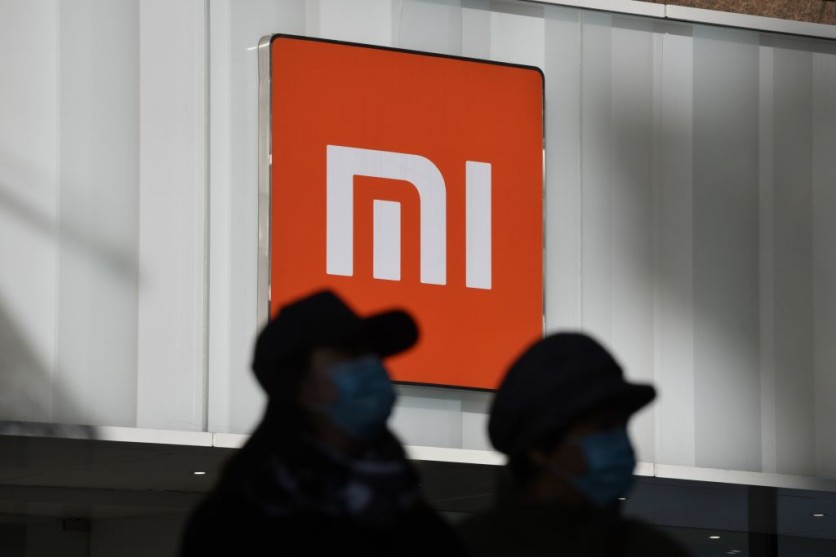China's Xiaomi is set to challenge the electric vehicle industry as it files a license to officially sell electric vehicles, according to Interesting Engineering.
Xiaomi's license application is reportedly according to regulatory filings with the Ministry of Industry and Information Technology that detailed the design and specs of Xiaomi's first electric vehicles.
According to regulatory filings, the company's initial EV car offerings are the Xiaomi SU7 car series, which includes the SU7 and SU7 Max electric automobiles. Xiaomi also has an SU7 Pro variant, but specifications remain to be revealed.

Android Authority reports that the Chinese smartphone behemoth is developing SU7 and SU7 Max electric vehicles with distinct differences, which Beijing-based BAIC Group will manufacture. The facility has already begun to construct pre-production models for testing.
Reports state that the Xiaomi SU7 will go into mass production in December 2023, with deliveries beginning in February 2024.
The automobiles are comparable yet feature significant variances, such as differing battery technology and peak speeds of 210kmph versus 265kmph. The SU7 weighs 1,980kg at the curb, while the SU7 Max weighs 2,205kg.
The Xiaomi SU7 will be 4,997 x 1,963 x 1,455 mm in size (1,440mm sans the LiDAR sensor). There will be two powertrain options: an RWD with a 220kW motor and an AWD with a 275kW + 220kW motor configuration. The wheelbase measures 3,000mm.
Xiaomi's Smartphone to EV Connection
Mashable reports that while the application includes information like the car's peak speeds and weight, Xiaomi's EV's most intriguing potential feature is its operating system, HyperOS, an OS designed to connect customers' homes, automobiles, and mobile devices.
Xiaomi's emphasis on establishing a holistic environment, dubbed "Human X Car X Home," is reportedly visible in the SU7 series. While the inclusion of HyperOS is not officially stated in the regulatory listing, it is consistent with Xiaomi's goal of providing a unified experience throughout its product line. Integrating HyperOS might transform the driving experience by providing a common platform for controlling Xiaomi items.
China's Electric Vehicle Industry
Interesting Engineering reports that Xiaomi's entry into the electric car sector places them in a fiercely competitive field in China. While Tesla remains a key participant, competition is heating up from local manufacturers like BYD and growing names like Li Auto Inc. and Geely Automobile Holdings Ltd. With its proven prominence in consumer electronics, Xiaomi's entry adds another layer to this dynamic scene.
As Xiaomi's move proves to be an impending move to challenge Tesla, Mashable reports that Tesla has had its ups and downs in China. The Model Y was the best-selling EV in the world earlier this year, thanks to tens of thousands of sales in China, which also made it the best-selling car in the country for the first quarter.
However, China-based BYD remains strong in the nation and is the best-selling EV company when all its top models are included. Tesla's popularity in China has declined throughout the year, according to reports, falling 11 percent year on year.
Related Article : Chinese Flying Supercar Company Introduces New Vehicle Concepts

ⓒ 2025 TECHTIMES.com All rights reserved. Do not reproduce without permission.




